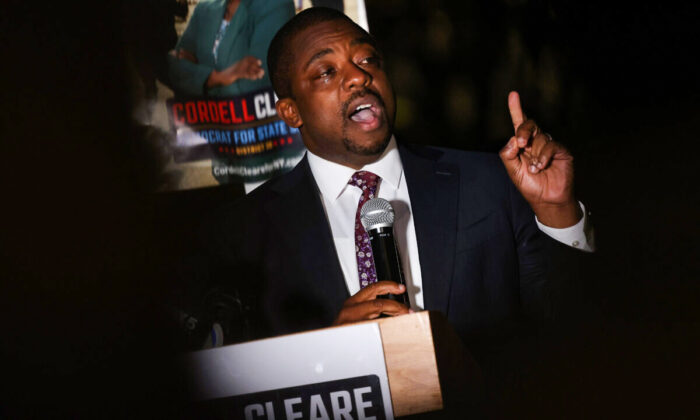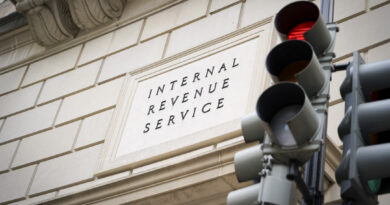Supreme Court Rejects Appeal from Ex-New York Official in Bribery Case
An appeals court dismissed Brian Benjamin’s contention that a bribery conviction derived from campaign contributions cannot be ‘inferred from the circumstances.’
The U.S. Supreme Court decided on Dec. 16 that former New York Lt. Gov. Brian Benjamin, a Democrat, is required to face trial regarding allegations of seeking campaign donations in return for a state grant.
The country’s highest court upheld a March decision by the U.S. Court of Appeals for the Second Circuit which reinstated the federal bribery and wire fraud charges against Benjamin, charges that had been dismissed by a federal district court in December 2022.
“Constituents contribute to candidates they believe will act in accordance with their interests. If elected, candidates often take actions that benefit those who supported their campaigns. This is not bribery; it is democracy.”
In this case, the government is required to demonstrate that there was an “explicit” quid pro quo agreement to exchange contributions for an official favor. The petition highlights that in recent years, federal courts of appeals “have utterly failed to agree on what ‘explicit’ means and when the standard applies.”
In his petition, Benjamin noted that prosecutors asserted in 2019 that he had channeled a $50,000 state grant to a nonprofit linked to a developer operating in Manhattan’s Harlem neighborhood, which Benjamin represented as a state senator at that time. Subsequently, the developer contributed thousands of dollars to Benjamin’s reelection campaign through multiple checks made out to family members and a limited liability company, according to the indictment.
The ruling aligns with existing circuit court precedents and the government asserted that Benjamin’s challenge was premature in the criminal proceedings.
The Supreme Court “has repeatedly denied in other cases presenting that issue, and it should do the same here,” the brief emphasized.
In recent years, the Supreme Court has made it increasingly challenging for the federal government to pursue public corruption prosecutions.
The high court concluded that while federal law prohibits bribery of state and local officials, it does not criminalize the acceptance of gratuities for past actions by those officials. A bribe refers to future conduct, whereas a gratuity pertains to an act that has already occurred.
The Epoch Times reached out to Benjamin’s attorney, Barry Berke of Gibson, Dunn, and Crutcher in New York City, as well as the U.S. Department of Justice for comments.
No responses were received before publication.
Isabel van Brugen contributed to this report.




